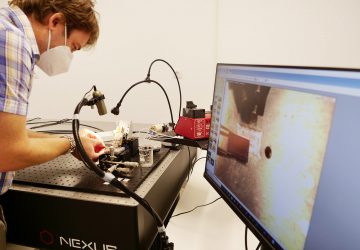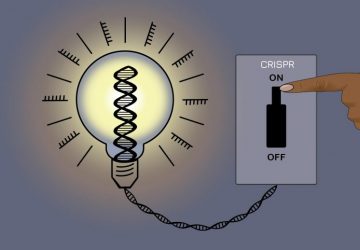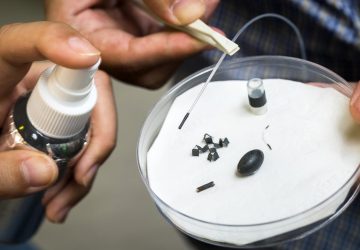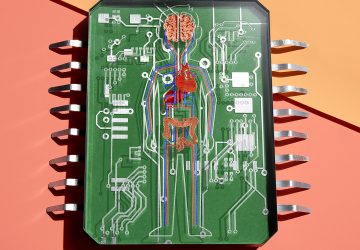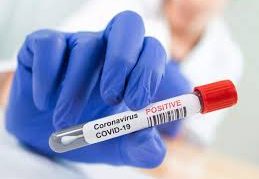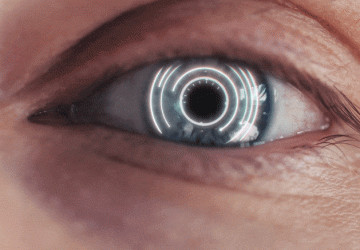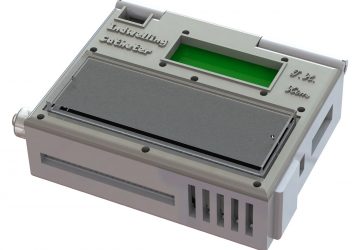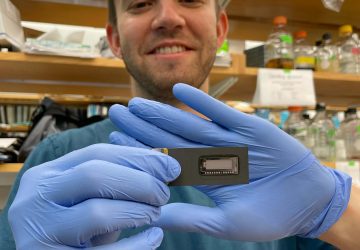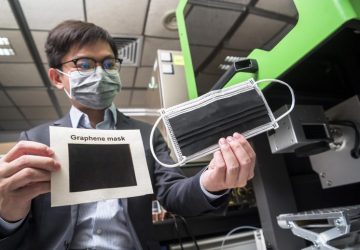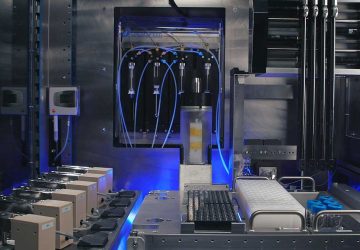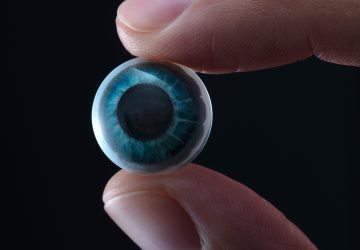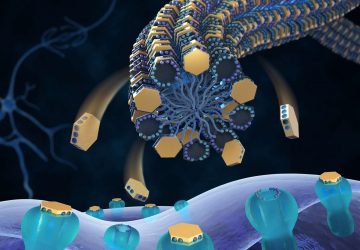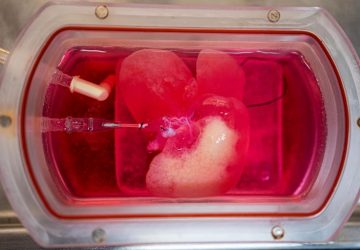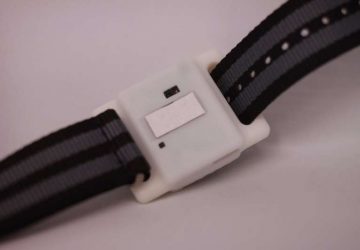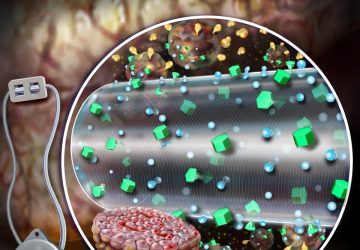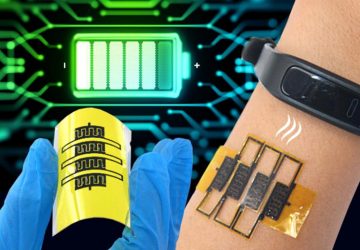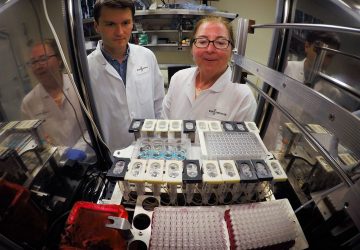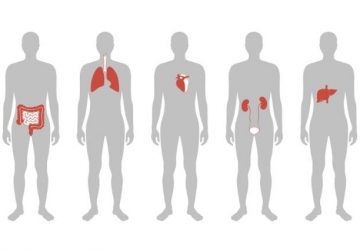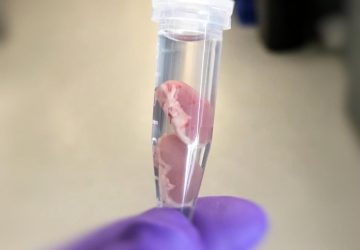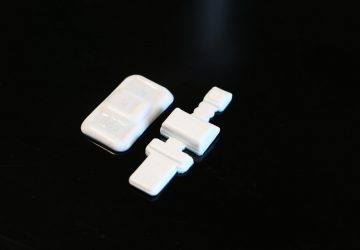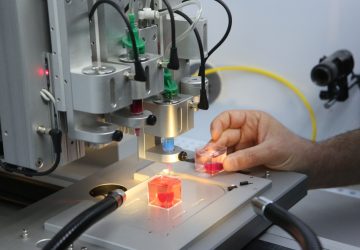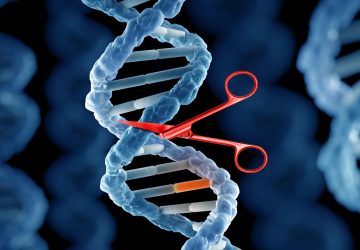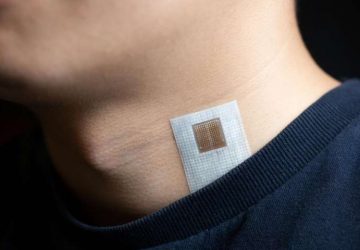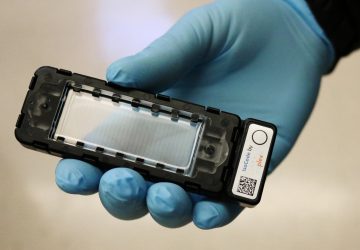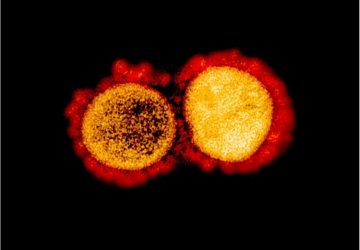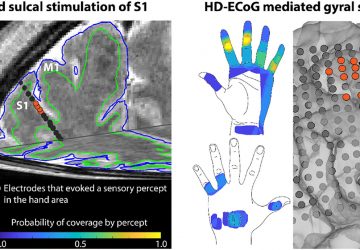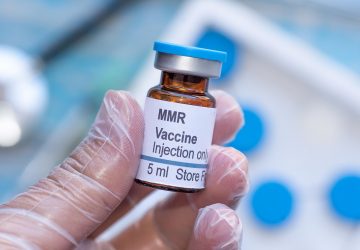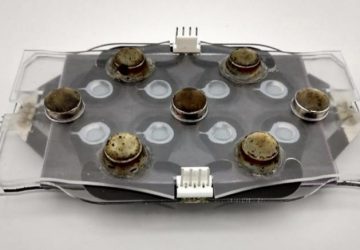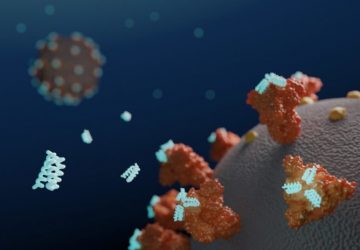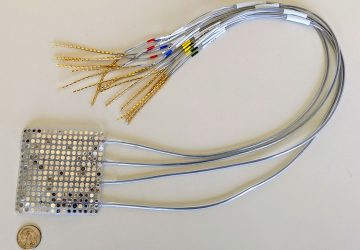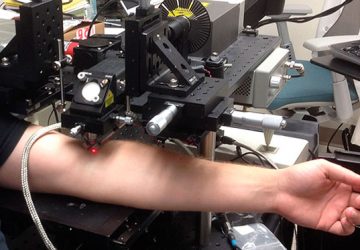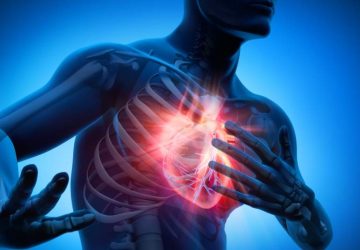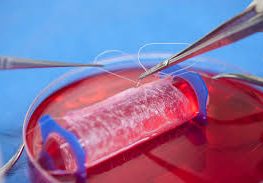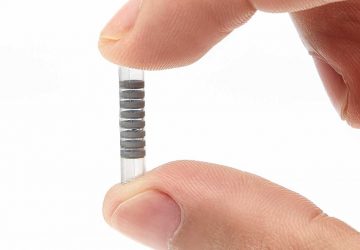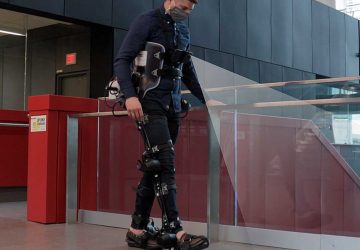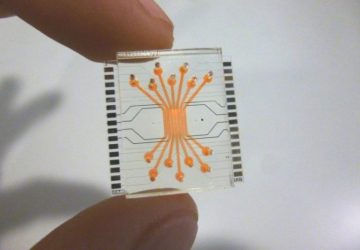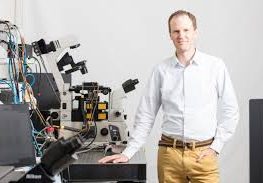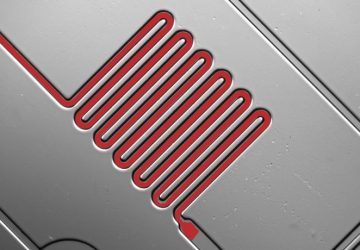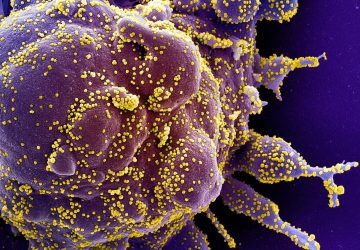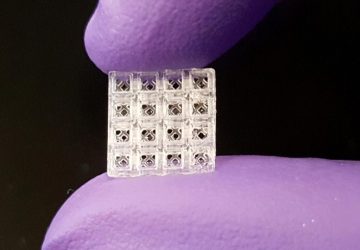The Human Microbiome Project, launched by NIH in 2007, provided a glimpse of the microbial diversity of healthy humans and is exploring the possible relationship between human diseases and the microbiome. Credit: Jonathan Bailey, NHGRI Researchers at Memorial Sloan Kettering Cancer Center have shown that autologous fecal microbiota transplantation (auto-FMT) is a safe and effective way to help replenish beneficial gut bacteria in cancer patients who require intense antibiotics during…
Read MoreCidara initiates Phase 3 clinical trial to evaluate efficacy, safety of rezafungin to treat invasive candidiasis
Cidara Therapeutics, Inc., a biotechnology company developing novel anti-infectives including immunotherapies, today announced that the first trial site has been activated for ReSTORE, a Phase 3 clinical trial evaluating the efficacy and safety of the company’s lead antifungal, rezafungin, to treat candidemia and invasive candidiasis. Rezafungin is a novel echinocandin antifungal being developed as a once-weekly, high-exposure therapy for the treatment and prevention of serious invasive fungal infections. “Given the…
Read MoreAcute leukemia: Drug trials show 50 percent cure rate in lab mice
Acute myeloid leukemia is one of the most aggressive cancers. While other cancers have benefitted from new treatments, there has been no encouraging news for most leukemia patients for the past 40 years. Until now. As published today in the scientific journal Cell, Professor Yinon Ben-Neriah and his research team at the Hebrew University of Jerusalem (HU)’s Faculty of Medicine have developed a new biological drug with a cure rate…
Read MoreStarkey’s AI Transforms Hearing Aids Into Smart Wearables
Photo: Starkey Hearing Technologies Today, Starkey Hearing Technologies unveiled an AI-powered hearing aid that fits snugly into your ear, automatically translates foreign languages, and tracks both your physical and mental health. With the new device, Starkey aims to overcome the stigma of hearing aids as medical devices for old folks rather than wearables for the tech-savvy crowd. The company promotes its Livio AI hearing aid as a multifunctional device that combines features from wireless headsets, fitness trackers and…
Read MoreNew approach identifies genes that help microbes to survive in the human gut
Trillions of tiny microbes and bacteria live in your gut, each with their own set of genes. These gut microbes can have both beneficial and harmful effects on your health, from protecting you against inflammation to causing life-threatening infections. To keep out pathogens yet encourage the growth of beneficial microbes, scientists have been trying to find ways to target specific microbial genes. Katherine Pollard, PhD, is one of these scientists….
Read MoreSilencing of GULP1 gene expression plays important role in ovarian carcinogenesis
Johns Hopkins researchers in collaboration with Insilico Medicine, a biotechnology company based in Rockville Maryland, identify that silencing of the GULP1 gene expression by methylation plays an important role in ovarian carcinogenesis. In a report published in Cancer Letters journal the authors, including researchers from both Johns Hopkins and Insilico Medicine, used an integrated approach by coupling identification of genome-wide expression patterns in multiple cohorts of primary ovarian cancer samples…
Read MoreNew DNA test predicts how humans may respond to cannabis
Today marks the launch of the Endocanna Health “Cannabinoid DNA Variant Test™” the most comprehensive personalized cannabis DNA test available on the market today. Developed by a team of renowned scientists at Endocanna Heath, a biotechnology research company, this direct-to-consumer DNA test kit, analyzes an individual’s DNA markers and provides science backed recommendations based on their specific DNA in a way no other test has been able to do before….
Read MoreNew Wearable Sensor Detects Stress Hormone in Sweat
Photo: Stanford University/Science Advances Stress. We all know it can be bad for us. It affects blood pressure, metabolism, immune response, and memory. Over time, it can contribute to the development of chronic diseases. So scientists and health professionals are putting a lot of effort into finding ways to measure and help patients cope with it. Wearables that use sweat to detect stress typically track temperature, heart rate, and perspiration…
Read MoreBiological signalling processes in intelligent materials
Graphic. Credit: Wilfried Weber Scientists from the University of Freiburg have developed materials systems that are composed of biological components and polymer materials and are capable of perceiving and processing information. These biohybrid systems were engineered to perform certain functions, such as the counting signal pulses in order to release bioactive molecules or drugs at the correct time, or to detect enzymes and small molecules such as antibiotics in milk….
Read MoreScientists develop proteins that self-assemble into supramolecular complexes
The design of novel proteins that self-assemble into supramolecular complexes is important for development in nanobiotechnology and synthetic biology. Credit: Copyright © 2018, American Chemical Society A collaborative research team based in Japan has designed new proteins that can self-assemble into the complex structures underlying biological organisms, laying the groundwork for leading-edge applications in biotechnology. The researchers created and developed the proteins with a specific function and their method reveals…
Read More
